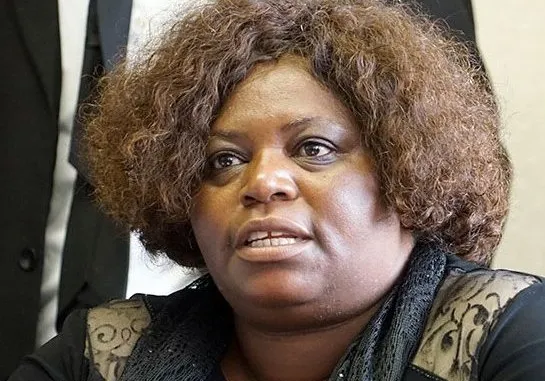Bulawayo, (New Ziana) -Sustained engagements between the Zimbabwe Confederation of Public Sector Unions (ZCPSU) and the government has resulted in significant progress in improving working conditions for civil servants, an official said.
In an interview on Monday, ZCPSU president Cecilia Alexander said their quarterly meetings with the Public Service Commission (PSC) had yielded some positive results.
The ZCPSU represents and advocates for the interests of public sector workers in Zimbabwe with its main role being to improve working conditions, negotiate benefits, and ensure decent work for all public employees.
“We have adopted a strategy of tripartism and rational disputation—engaging constructively while ensuring workers’ voices are heard. We have embraced the mantra that nothing is for us without us. Our efforts have yielded promising results, including quarterly consultative meetings with the PSC where we deliberate on all labour matters,” she said.
Alexandra said the two parties are moving closer to establishing a Collective Bargaining Council for civil servants, a move she described as a “game-changer” for labour rights in the country.
She said a Bill to amend the Public Service Act is also underway, paving the way for institutionalised collective bargaining.
“A State Service Pension Bargaining Constitution has already been drafted, setting the stage for structured negotiations on pension reforms. The Occupational Health and Safety Bill and State Pension Fund Bill are in advanced stages, which are products of negotiations between unions and the government,” she said.
Alexandra also highlighted that a joint committee involving her organisation and the Building Societies Association (BSE) is finalising plans for a public sector housing scheme.
“We have also committed to start the delivery of the housing and we have a joint committee of our organisation and BSE working on the plans which should be availed once complete,” she said.
She called for broader collaboration between the government, civic societies, and stakeholders to push for education sector reforms, including better funding and infrastructure development.
“Now is the time to advocate for policy reforms that prioritize education funding, infrastructure development, and sustainable progress for future generations,” she explained, adding “We remain committed to dialogue and tangible outcomes for workers.”
New Ziana



